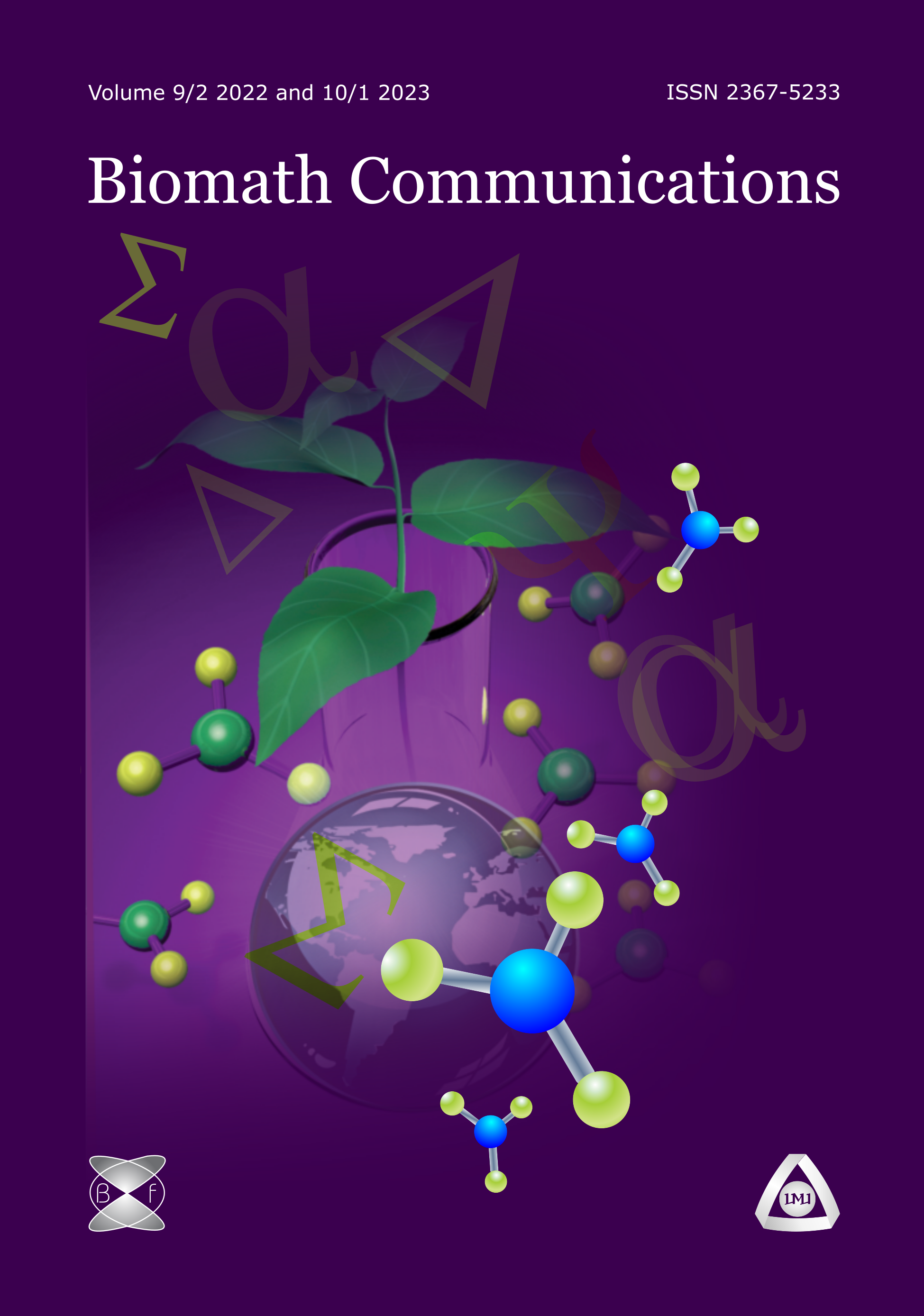Numerical Validation with the Discrete Stochastic Arithmetic on New Architectures
DOI:
https://doi.org/10.11145/183Abstract
Now Scientists are facing up to a new age. Power of computer enables us to perform experiencesВ in silicio. Modelisations are enough accurate to obtain results closed to reality, although theyВ sometimes fail. Several reasons can be given: the modelisation is not close enough to reality, the model is unstable, etc. One reason is often forgotten: errors coming from computers. Indeed, numerical computations are based on floating point number representation which is only an approximation of real numbers. Each operation generates a very small error that can propagate and cause the computed result to become completely different than the expected one. Several methods are well known to study the round-off errors propagation.
The talk will focus on the DSA (discrete stochastic arithmetic) and its implementation: the CADNA software. The DSA allows us to study the round-offВ error propagation in all codes written in Fortran, C or C++ with few code modifications. This method is powerful but a bottleneck is the increase of the over-cost in computation time. Explanations and aВ solution will be given.
In a second part, an overview of the CADNA implementation on multicore, distributed systems and GPU will be developed. ...
Downloads
Published
Issue
Section
License
The journal Biomath Communications is an open access journal. All published articles are immeditely available online and the respective DOI link activated. All articles can be access for free and no reader registration of any sort is required. No fees are charged to authors for article submission or processing. Online publications are funded through volunteer work, donations and grants.
Authors who publish with this journal agree to the following terms:
- Authors retain copyright and grant the journal right of first publication with the work simultaneously licensed under a Creative Commons Attribution License 4.0 that allows others to share the work with an acknowledgement of the work's authorship and initial publication in this journal.
- Authors are able to enter into separate, additional contractual arrangements for the non-exclusive distribution of the journal's published version of the work (e.g., post it to an institutional repository or publish it in a book), with an acknowledgement of its initial publication in this journal.
- Authors are permitted and encouraged to post their work online (e.g., in institutional repositories or on their website) prior to and during the submission process, as it can lead to productive exchanges, as well as earlier and greater citation of published work (See The Effect of Open Access).

